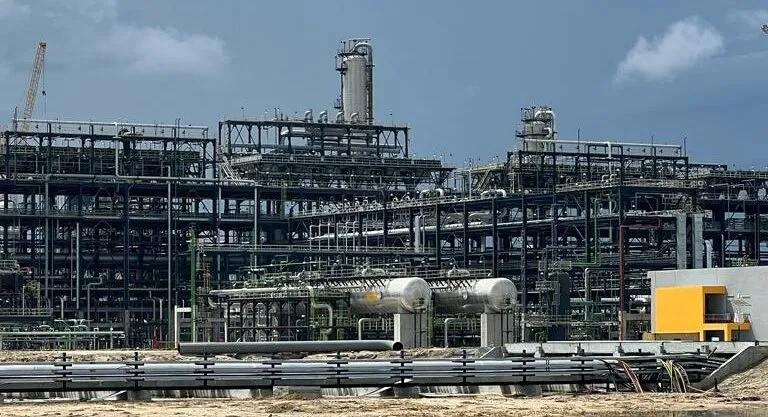Provide legislative framework for private refiners, expert urges FG
By Yunus Yusuf
Dr Ayodele Oni, Partner, Bloomfield Law Practice, has urged the Federal Government to create an enabling legislative framework that provides investment-friendly environment for private investors and refiners.
Oni gave the advice in an interview with the Business Intelligence (TBI Africa) on Wednesday in Lagos while speaking on how standardisation could be achieved in the petroleum downstream sector.
He said that government could help private initiatives by establishing a legislative framework that reduces barriers to the operations of private businesses and possibly providing tax incentives to encourage investment and innovation.
According to him, to curtail repetition of the Dangote dilemma, government needs to provide permanent solutions to crude theft and vandalism that has constantly plagued the country.
He said that one of the takeaways from the Dangote saga would be the significance of proper assessment of risk allocated to an investment or business venture.
Oni said: “The need to consider possible investment risks from every facet cannot be overemphasised in any business endeavour.
“The challenges faced by the Dangote refinery, including the difficulty in sourcing crude oil, are usually associated with large-scale investment risks.
“The recent occurrence further emphasises the need for energy security and diversification of energy sources,” he said.
He emphasised the need for government to also encourage the scarcity of crude oil in spite of Nigeria’s status as a producer of crude oil.
He said this would also help curtail reliance on imported crude oil.
For Oni, the government could impose strict measures to implement the Domestic Crude Oil Supply Obligations (DCSO) as codified in the Petroleum Industry Act (PIA) and the DCSO regulations.
“To complement this proposition, there is a need for the Nigerian Upstream Petroleum Regulatory Commission (NUPRC) to re-evaluate pricing policies to encourage fairness and transparency in the supply system.
“Government can assist by providing political stability to retain the interest of the International Oil Companies (IOCs) as well as promote trade facilitation,” he said.
The oil and gas expert said that to enhance effective refining capacity, infrastructural development was key.
He said that there was a need for sustainable investment in the maintenance and upgrade of existing infrastructure and the building of new infrastructure to cater to Nigeria’s refining needs.
Oni added that access to resources and a skilled workforce would aid effective refining capacity as access to raw materials.
He said that technical experts would ensure operational efficiency, exposure to better production strategy and production of quality refined products.
“It is also pertinent to provide a professional development avenue for trained experts to meet new demands.
“Access to funding and financial stability will prove essential to refining capacity.”
According to him, the private refiners should build a reliable oil supply chain, both locally and internationally, by the formation of alliances and partnerships.
“It will also be important for private refiners to diversify their product offerings to mitigate risks and hedge against fluctuations in fuel demands,” he added.



